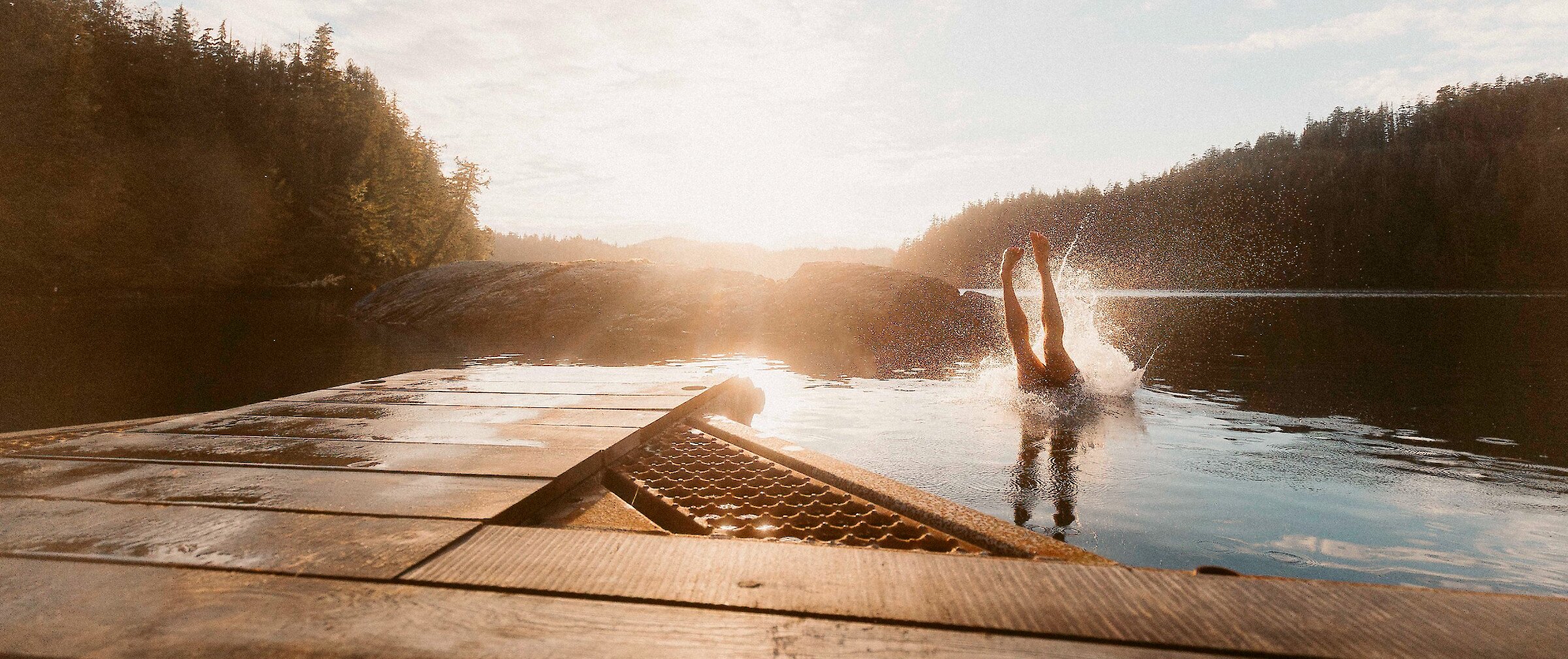
Hitaqƛaʔa / Lemmens Inlet
News & Stories
The latest from Tofino
Hearing personal anecdotes and travel stories brings a place to life as you plan a vacation. Whether you’re looking for inspiration, are curious about itineraries, need helpful tips from locals, or want to deepen your knowledge of the history of the town and Hahuulthi (territory), you have come to the right place.
Be sure to come by the Visitor Centre when you arrive, and our team can recommend how best to spend your time in Tofino. Check the travel bulletins as well for any important updates.